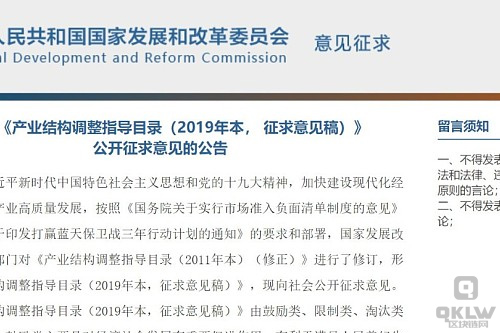公共区块链
-
区块链是一种分布式数据库,它允许在网络的网络中进行记录、验证和共享交易和其他数据,同时保证安全。以前,这样的服务必须由第三方来完成,但是随着区块链的发展,现在可以实现安全的去中心化服务。区块链基本上可以把任何可以做到的任务分布到任何网络上,而不仅限于金融交易,例如您可以把健康数据、旅游和物流交易都托管到区块链上。
公共链是一种优先考虑价值而不是盈利的使用开源软件的公开分布的区块链网络。公共链的主要特征之一是去中心化,所有节点可以透明地处理数据,没有任何第三方参与。这就是区块链名称由来的,它的链条对于岛屿的营销成功是有用的,这有助于提高信任,促进交易完成,以及促进各方共同分享数据。
此外,由于使用公开的、可审计的技术,公共链可以更加安全可靠地追踪、处理和传输数据,相关主体可以直接进行合法交易,不需要通过任何中间服务器或第三方机构来审验、存储和传输数据。
此外,公共区块链的使用也促进了开放更新和更新,可以将解决方案贯穿整个网络,并及时采用最佳实践。它也可以更好地保护隐私,防止篡改和盗用,可以因此提高数据完整性和安全性。
公共区块链的未来发展前景非常光明,因为它具有功能完整,成熟可行,能够解决分布式系统的诸多问题。考虑到它面临的技术、安全、隐私、法律和财务问题,促进发展的投资非常重要。未来,有必要根据社会发展和市场变化,持续完善公共区块链,以更好地支持各种应用和服务。
Blockchain is a distributed database that allows records, verifications, and sharing of transactions and other data across a network, while ensuring security. Previously, such services had to be provided by a third-party, but with the development of blockchain, secure decentralised services can now be realised. Blockchain essentially allows tasks to be distributed across any network, not just limited to financial transactions, for example you can host health-data, travel, and logistics transactions on the blockchain.
Public chains are public distributed blockchains that prioritize value rather than profits and rely on open-source software. One of the main features of public chains is decentralization, with all nodes being able to process the data transparently without any third-party involvement. This is where the blockchain name comes from - its chain of islands is useful for successful marketing, which helps to increase trust, facilitate transactions, and promote joint data sharing among parties.
In addition, public chains can track, process, and transmit data more securely and reliably due to the use of open and auditable technologies, allowing related entities to directly engage in legal transactions without any intermediaries or third-parties being required to verify, store, and transmit the data.
Moreover, the use of public blockchains also facilitates open updates and refreshes, with solutions able to traverse the entire network and adopt best practices in a timely manner. It is also better able to protect privacy, prevent tampering and theft, thus increasing data integrity and security.
The future prospects of public blockchains are very promising, as it is feature-complete, mature and viable, and able to solve many problems of distributed systems. Considering the technological, security, privacy, legal, and financial issues it faces, investment to promote its development is very important. It is necessary to keep improving public blockchains in the future, according to social development and market changes, to better support various applications and services.




 4278271
4278271 







